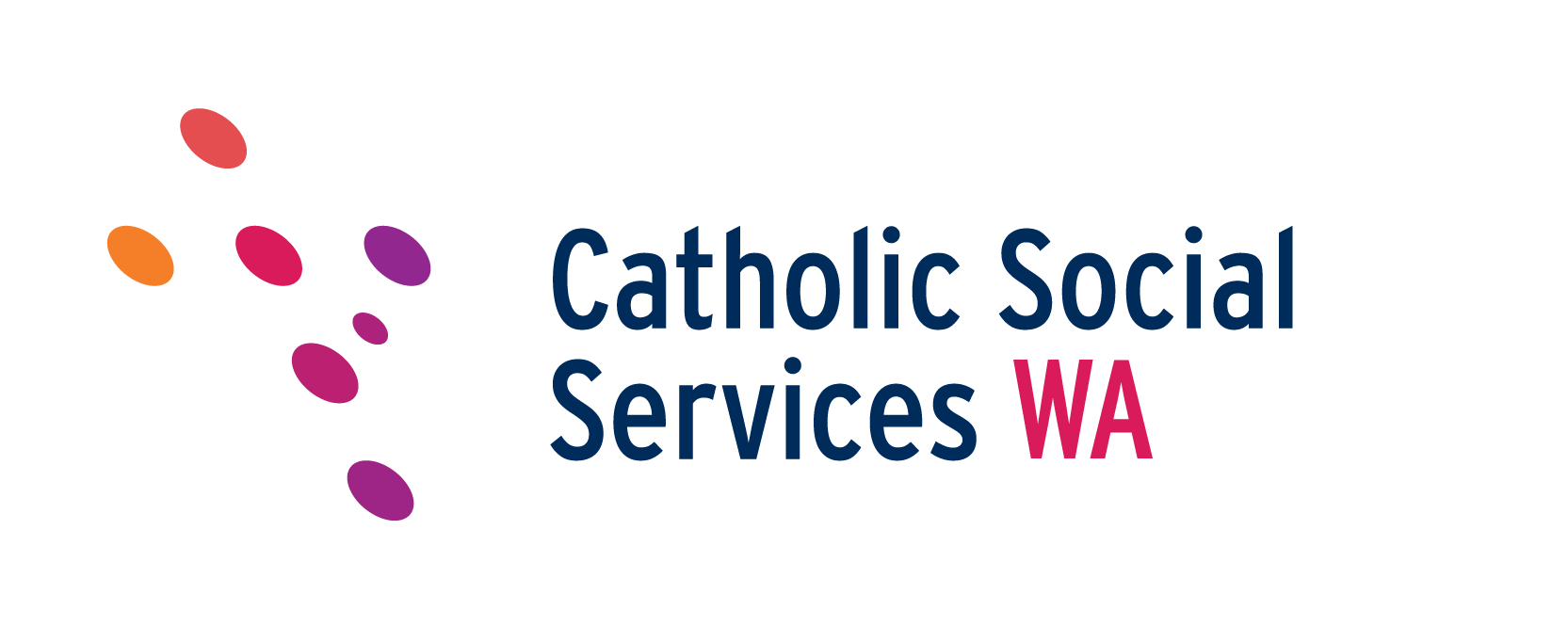- Catholic Social Services WA
- +61 8 9220 5950
- csswa@perthcatholic.org.au
Coalition’s $1bn welfare outsourcing accused of hurting vulnerable Australians
Department of Human Services spent more than $1bn on external labour hire since the 2016 election
The Department of Human Services has spent more than $1bn on external labour hire since the 2016 election, prompting claims from Labor that the Coalition’s outsourcing agenda has gone “too far”.
Figures from AusTender show that since the government embarked on a Centrelink outsourcing push in 2017, which coincided with the trouble-plagued robodebt program, the amount spent on labour hire firms by DHS has skyrocketed.
The largest contract awarded since the 2016 election is a $230m deal with Adecco Australia to employ 1,000 staff for Centrelink compliance activities, followed by a $226m contract to recruitment giant Chandler Macleod.
More than $400m has been spent in the past year on the privatising of call centres, with Stellar Asia Pacific the largest beneficiary with a $135m contract, followed by Concentrix Services ($132m), Datacom Connect ($120m) and Serco Citizen Services ($36m).
But tender documents show the department has contracted external labour through more than 350 individual contracts, bringing the total cost to $1.03bn in just three years.
Labor’s shadow minister for human services, Linda Burney, said the level of outsourcing was “extreme, unnecessary and comes at the expense of services for pensioners and vulnerable Australians”.
“Cuts and outsourcing have impacted services to such an extent that pensioners are now telling me they are being turned away from Centrelink offices by private security guards, instead of being helped,” Burney told Guardian Australia. “It’s gone too far. Pensioners and others in the social security system deserve respect and dignity.”
According to the Community and Public Sector Union, the surging cost of external labour hire has come about because of a decision made in the 2015- 2016 budget to put in place a cap on public-sector numbers which mandated a staff freeze at 2007 levels or below.
The policy only applies to public-sector staff, with private-sector staff engaged externally not counted.
The CPSU’s deputy secretary, Melissa Donnelly, suggested the measure had backfired, with the “artificially low” staffing levels now at Centrelink, Medicare and child support leading the department to employ more staff externally.
“At the same time, the sky is the limit when it comes to spending on contractors, consultants, outsourcing and privatisation,” Donnelly said. “In practice what this means is agencies have no choice but to spend money on labour hire workers as they can’t directly hire the staff they need.”
The union says that since late 2017 there has been a “significant escalation in the use of labour hire”, with workers undertaking work that was previously done by ongoing employees.
The union says there are now 2,750 private contract call centre staff working for Centrelink as a result of the privatisation push.
Donnelly also raised concern that the labour hire workers who were doing the same work as departmental employees had fewer rights and conditions, and cost the taxpayer more.
“These workers are often on inferior wages and conditions to the people next to them doing the same work,” she said. “It is a lose-lose situation. The labour hire companies charge the department a premium to supply employees, so it costs taxpayers more overall and the individual labour hire workers are worse off than if they were properly employed by the department.”
The Department of Human Services general manager, Hank Jongen, said the contracts reflected the government’s commitment to “extra resources”, which would make it easier for Australians to access Centrelink services.
“Our use of labour hire is nothing new – for many years, we’ve engaged contractors for specialist services and to support day-to-day operations to help fill our short term needs,” he said. “Operating on such a significant scale requires a blended workforce model, including the use of contractors and outsourced providers, to give us the flexibility needed to respond to changes in service demand and budget priorities.
He said the labour hire staff received the same training as the core workforce, which together handled more than $173bn in payments and more than 3.3m social security and welfare claims a year.
The minister for government services, Stuart Robert, referred questions about the outsourcing to the department.
This article first appeared in The Guardian Wed 10 Jul 2019 04.00 AEST
